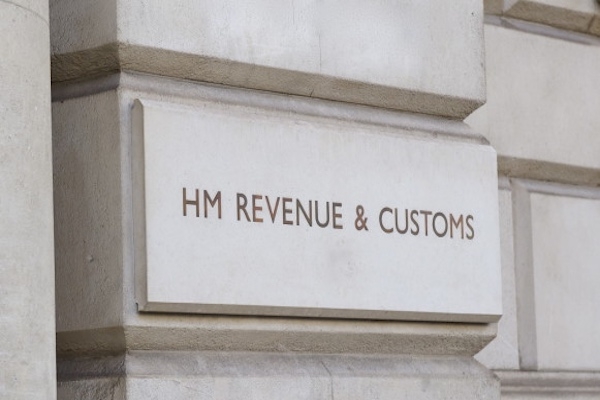New figures published today by HMRC have revealed that inheritance tax receipts for 2023/24 climbed £400m to a new record £7.5bn.
It’s already been predicted that IHT receipts could top £9.5bn before the end of the decade.
Andrew Tully, technical services director at Nucleus said: “The Office of Budget Responsibility predicts the IHT take will be £9.7bn in 2028/29 which means the impact of this tax is set to continue growing strongly.”
He said advisers can help manage an estate by setting up trusts, making use of gift allowances, and using a pension to pass on wealth to family in a tax efficient way.
The current IHT £325,000 nil rate band was introduced in 2009. The residential nil rate band was introduced on a phased basis between 2017 and 2020 and potentially gives an additional £175,000 nil rate band (making a total of £500,000) subject to certain rules. Both bands are currently intended to be frozen until 2028.
Alastair Black, head of savings policy at Abrdn, said: “This month marks 15 years since the IHT nil rate band was last increased. This freeze, combined with rising asset values, means that the tax is affecting more and more people than it was ever intended to capture. This needs to be fixed if IHT is to go back to its original purpose. But as well as addressing the tax’s scope, we should also take the opportunity to simplify it.”
He said removing the residence nil rate band and increasing the standard nil rate band would help simplify the tax.
While only 4% of estates are currently liable to pay IHT, the IFS estimates that the proportion of deaths resulting in inheritance tax is set to grow to more than 7% by 2032–33. The number of people affected by inheritance tax will be even larger. By 2032–33, the IFS predicts that one in eight people will have inheritance tax due either on their death or their spouse or civil partner’s death.
Stacey Love, technical manager, tax, trusts and estate planning at Canada Life, said: “While the trend is only on the way up, IHT continues to be a largely a discretionary tax. Many estates may not have to pay IHT at all if the various exemptions and gifts are used appropriately, and this is an area of Financial Planning where it really does make sense to seek appropriate financial advice.”
Nick Henshaw, head of intermediary distribution at Wesleyan, said: “It’s certainly true that ever more families can expect to be caught in the inheritance tax net as the value of their estates continues to grow and the £325,000 threshold remains frozen.”
He said it’s also an issue that is likely to remain on the political agenda. He added: “Whatever potential reform or changes are suggested in the months ahead, advisers will have an important role to play in helping clients cut through the noise ultimately keep their strategies, and focus, on likelihoods and the long-term view.”

